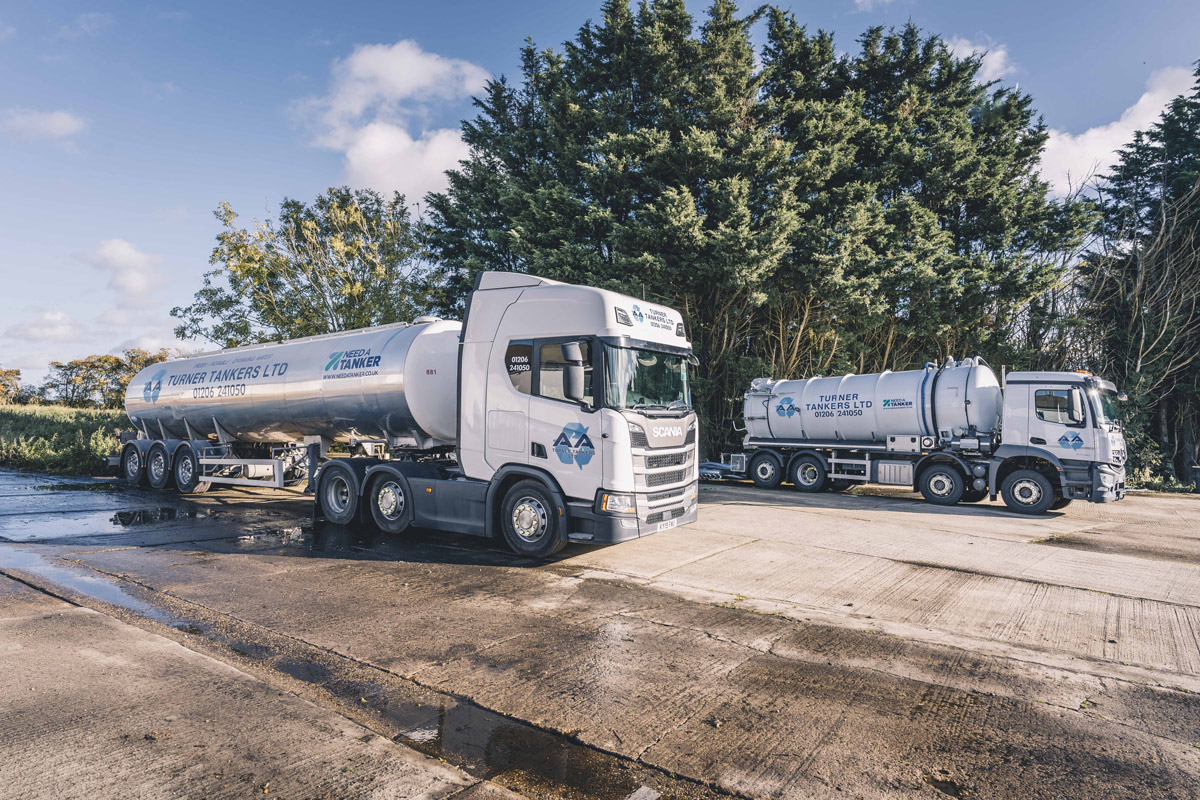Getting The Reclaim Waste To Work
Table of ContentsSome Known Incorrect Statements About Reclaim Waste The Reclaim Waste PDFsThe Ultimate Guide To Reclaim WasteThings about Reclaim WasteReclaim Waste Fundamentals ExplainedThe Best Guide To Reclaim Waste

Never ever place hazardous substances down sinks, toilets or stormwater drains Materials consisting of gas, oil, oil, chemicals and herbicides, and solvents such as paint pole dancers should not be poured down sinks, commodes or stormwater drains. These compounds are hard to eliminate in the sewer treatment procedure and cause pollution problems in our neighborhood rivers.

Fluid waste is a term that covers a wide range of products, there's a good factor why leaving its disposal to the specialists is suggested. Liquid waste is non-solid product that has no more use and should be treated and dealt with according to local, state and federal policies.
Reclaim Waste for Dummies
Instances of liquid waste can include wastewater, fats, oils or grease, used oil, fluids, solids, gases or sludges and dangerous home fluids, there are some that are considered to be more dangerous than others when it comes to the environment and the health and wellness of animals and humans alike. It's therefore that each state and area have actually strict laws connected to fluid waste monitoring.
Fluid waste can be kept in holding tanks or packaged in drums, intermediate mass containers or authorized tiny containers before either being treated or removed via outsourced vacuum vehicles. Provided the nature of the products, liquid waste can not go in the general waste stream and there are rigorous policies on exactly how to dispose of it appropriately.
(https://www.blogtalkradio.com/reclaimwaste1)Depending upon a decision of the level of risk, it might be required to remediate those websites. Additionally, harmful liquid chemical wastes are controlled waste and has to be tracked based on the state waste legislation. Under the chain of protection and obligations, owners are responsible and responsible for waste generated by a service.
One of the core applications for superabsorbent polymers (SAPs) is fluid waste solidification. liquid waste removal. SAPs are utilized by waste management experts to stop possibly damaging fluids from going into waterways, groundwater aquifers, and other delicate settings. Because liquids can swiftly transport pollutants right into ecological receptors and potentially add to geotechnical failures, liquid wastes are virtually always restricted from disposal in land fills
9 Easy Facts About Reclaim Waste Explained
Generally, complimentary liquids are liquids that separate from the strong portion of waste product. Liquid waste can consist of the following: HDD mud and cuttings Land fill leachate Wastewater treatment sludge & biosolids Dug up sediments Oil and gas drill cuttings Working out fish pond muck Hydro Excavation slurry Coal burning residuals/ash Container bottom sludge Concrete grinding/polishing slurry Associated Short article: For a useful instance of complimentary fluids separating from waste material, think about the following situation: A waste administration contractor loads a dump vehicle with sludge from a wastewater treatment plant's oygenation container, throughout a regular upkeep event.
When the vehicle driver gets here at the land fill, he notices water leaching from the sludge and putting from the dump truck. The load was rejected by the land fill and the motorist was required to throw away the waste as a liquid waste at a special center, which enhanced the disposal fees enormously.
The globe is drowning in rubbish and we can not pay for to be irresponsible any longer. We have to do something about it and reuse whatever we can wherever we can. We additionally require to be responsible for the correct disposal of our waste materials. It is not nearly enough that we pay garbage disposal business to take care of our rubbish.
Reclaim Waste for Beginners

The ideal location is an excellent exterior space with lots of sunlight and air. Segregate your waste. Segregating your waste can start inside the home. Segregate dry and liquid waste in addition to edible waste, naturally degradable and non-biodegradable products. Always maintain the lid on your containers to avoid bugs, worms, flies, and undesirable smells.
Layer the base with soil to soak up the damp waste. Layer the garden compost with wet and dry waste as well as soil to maintain an equilibrium between the wet and the completely dry.
The Best Guide To Reclaim Waste
To assist in faster decay, you can likewise include semi composted soil to the garden compost. If you observe the odor is coming to be read more as well strong, add added papers and paper waste or add more holes to the compost container to keep the equilibrium of the waste materials.
We additionally need to be accountable for the proper disposal of our waste products. It is not sufficient that we pay waste disposal business to take treatment of our rubbish.
Our waste, our duty. Have you ever wondered what takes place to your liquid waste after it's gathered? Did you recognize that liquid waste can be recycled?
The Best Strategy To Use For Reclaim Waste
The dreamland is a good exterior room with lots of sunshine and air. Segregate your waste. Segregating your waste can begin inside the home. Segregate dry and fluid waste in addition to edible waste, naturally degradable and non-biodegradable products. Always keep the lid on your containers to stay clear of insects, worms, flies, and unpleasant smells.
Layer the bottom with soil to absorb the damp waste - industrial wastewater treatment. Layer the garden compost with damp and completely dry waste as well as dirt to maintain an equilibrium in between the wet and the dry.
Cover the compost container. As soon as a week, add soil in addition to the garden compost. To help with faster decomposition, you can also add semi composted dirt to the compost. Keep the compost. If you discover the scent is coming to be too solid, add extra newspapers and paper waste or include more holes to the garden compost bin to keep the balance of the waste products.